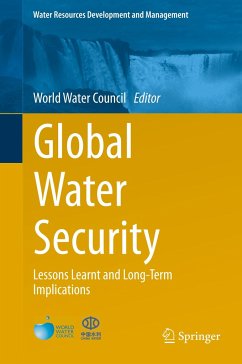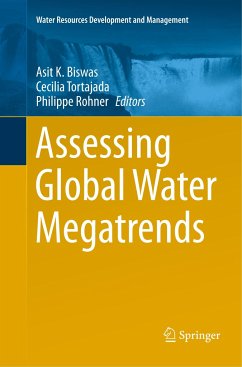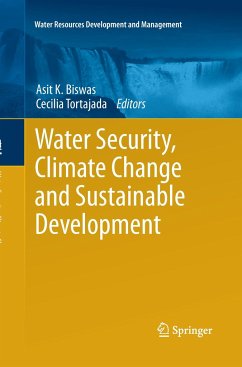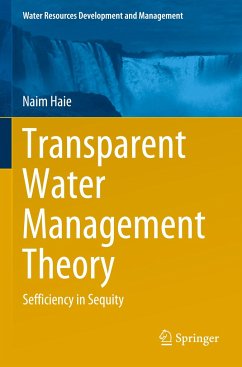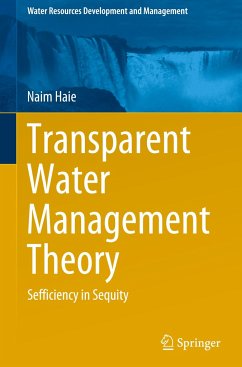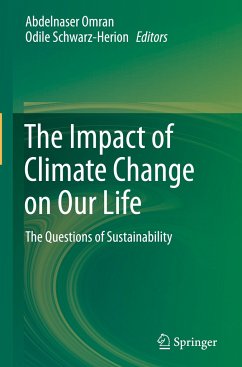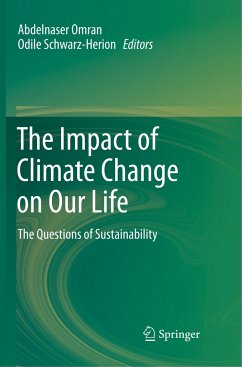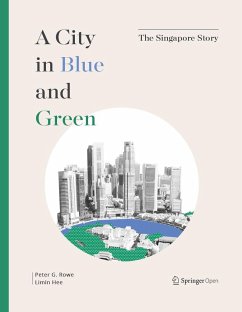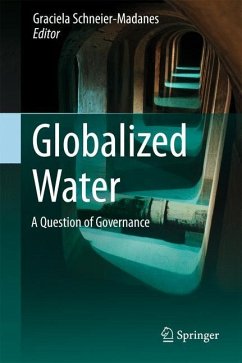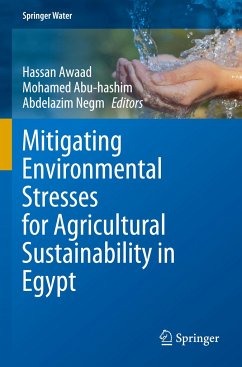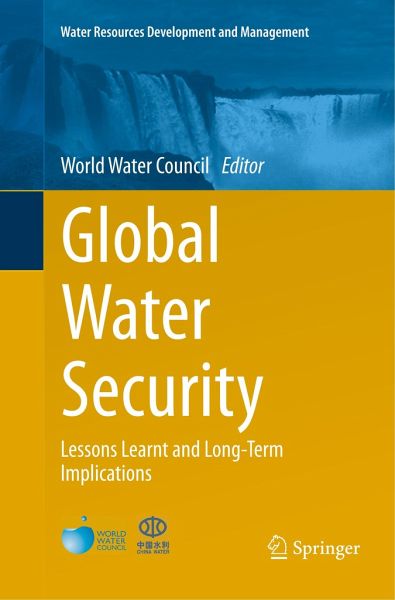
Global Water Security
Lessons Learnt and Long-Term Implications
Herausgegeben: World Water Council
Versandkostenfrei!
Versandfertig in 6-10 Tagen
98,99 €
inkl. MwSt.

PAYBACK Punkte
49 °P sammeln!
This book highlights the relationship between the water sector and various other sectors in order to establish an improved understanding of the importance of water resources as an essential cross-cutting vector of socio-economic development. The book is both policy and practice oriented and is not constrained by existing definitions on water security. It includes actual experiences of policy, management, development and governance decisions taken within the water sector, and examples on how these have affected the energy and agricultural sectors as well as impacted the environment, and vice ve...
This book highlights the relationship between the water sector and various other sectors in order to establish an improved understanding of the importance of water resources as an essential cross-cutting vector of socio-economic development. The book is both policy and practice oriented and is not constrained by existing definitions on water security. It includes actual experiences of policy, management, development and governance decisions taken within the water sector, and examples on how these have affected the energy and agricultural sectors as well as impacted the environment, and vice versa, as appropriate. It also discusses trade-offs, short and long-term implications, lessons learnt, and the way forward. The book includes case studies on cities, countries and regions such as Australia, China, Singapore, Central Asia, Morocco, Southern Africa, France, Latin America, Brazil and California.





